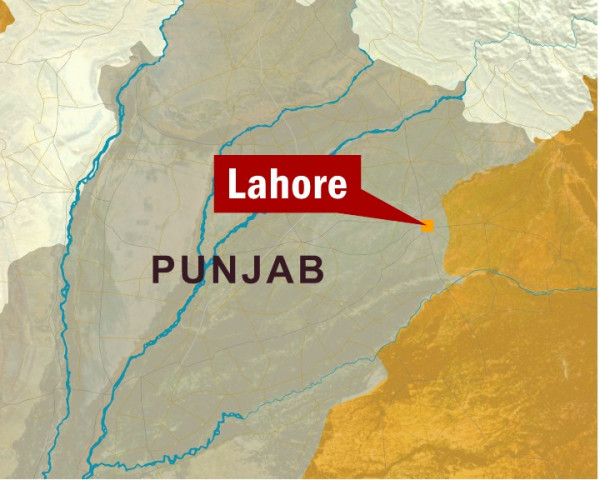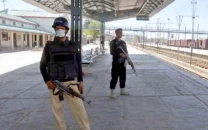Civil service: Provincial-federal tussle rules bureaucracy
Job tussle between DMG and PMS officers was the story of the year.

The confrontation between officers of the District Management Group (DMG) and the Provincial Management Service (PMS) over high level jobs dominated the bureaucracy in the outgoing year.
At issue was the Inter Provincial Coordination Committee Formula of 1993, a seat-sharing formula under which DMG officers have come to dominate the top posts in the provincial bureaucracy. The DMG officers argued that it was the law, but PMS officers argued that it deprived them of promotions and had no constitutional standing. The PMS officers called protests and strikes.
The ugliest incident occurred in March, when 73 officials including four women and a blind person were arrested from the Civil Secretariat during a peaceful protest, on the directions of Chief Secretary Nasir Mehmood Khosa, a DMG officer. They were taken various police stations and confined. Their mobile phones were confiscated and they were not allowed to call their families.
Some 200 provincial officers were suspended or issued show cause notices for dismissal and transfers because of the protests, said Rai Manzoor Nasir, president of the PMS Association. Nasir and Dr Shoaib Tariq Warraich, the general secretary of the association, are still suspended.
A senior DMG officer, however, insisted that the arrests were fair, as the protestors were creating trouble in the Secretariat. He argued that the government had accommodated the PMS officers’ demands. He said 170 provincial officers had been promoted to senior jobs from BS-18 to BS-21 during the year. Half of the district coordination officers in the Punjab are now provincial officers, he said.
Waste
The provincial bureaucracy threw up appalling examples of waste of public resources in 2011. Take former chief secretary Javed Mehmood, who was made an officer on special duty – an official euphemism for suspended – in February 2010 and who was repatriated to the Centre in June 2011. Mehmood had posed as a champion of austerity when he was chief secretary. But during his 15 months ‘on special duty’ he ran up Rs3 million in utility and petrol bills for his official residence, paid from the public kitty.
Favouritism
The government took a welcome step in cancelling the allotment of 24 residences in GOR-1 to officers who were ineligible for the much coveted properties, either because they had retired or been posted outside the province. But two ineligible officials continued to enjoy their lavish official homes. One of them, former Lahore High Court chief justice Khawaja Sharif, remains ensconced in 3-Tollinton Lane, GOR-1.
Fawad Hassan Fawad remained the chief minister’s blue-eyed boy in the bureaucracy, despite his less than impressive performance. In April, he was removed from the post of health secretary after a strike by doctors at public hospitals intensified. He was posted secretary of the Public Prosecution Department, but did not fancy the position. He was quickly made secretary of the Excise and Taxation Department.
Transfers
The government ordered more than a thousand transfers and postings in the civil administration and the police this year. Among the biggest was the appointment of Javed Iqbal as the inspector general of Punjab Police in January. Iqbal brought with him a reputation for honesty but little experience of the Punjab. He had spent most of his time in service in Sindh, including as Karachi’s police chief.
The IG has struggled to take control of his department, since most of the key postings he is supposed to initiate have been made by the chief minister. His most noticeable contribution has been to the literary business, having issued several booklets on guidelines to police officers on how to conduct investigations and improve crime.
Published in The Express Tribune, December 31st, 2011.



















COMMENTS
Comments are moderated and generally will be posted if they are on-topic and not abusive.
For more information, please see our Comments FAQ